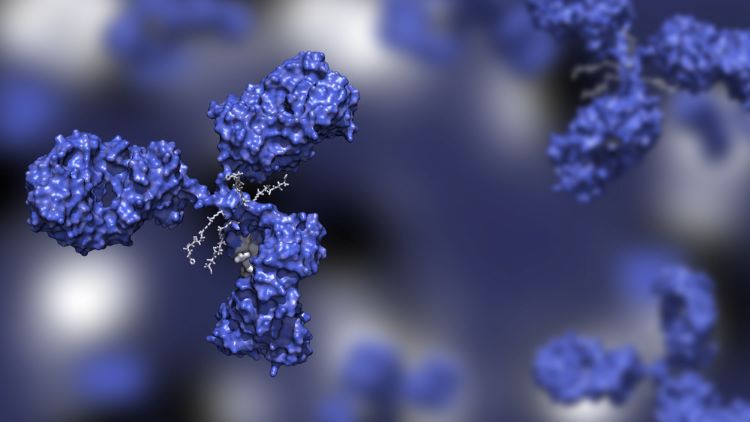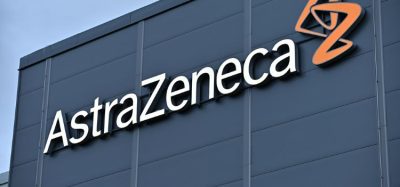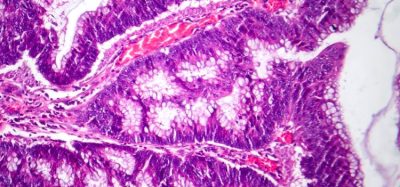ADC oncology therapy market to value over $36b by 2029
Posted: 9 August 2023 | Catherine Eckford (European Pharmaceutical Review) | No comments yet
With antibody-drug conjugates (ADCs) gaining favour as oncology treatments, research shows Daiichi Sankyo, Seagen and Roche are currently three of the market’s most important players.


According to research from GlobalData, the pharmaceutical industry is shifting towards development of antibody-drug conjugates (ADC) as oncology treatments.
The data showed that Daiichi Sankyo, Seagen and Roche are currently three of the most important companies in the ADC market. Daiichi Sankyo was predicted to remain the dominant player in this market.
Future of the antibody-drug conjugate therapy market
By 2029, the global market for ADC therapies in oncology is expected to be worth more than $36 billion, the research predicted. More investment in research and development is expected in the future, noted GlobalData.
Based on its market research, the firm forecasted major companies, including Astellas and AstraZeneca, achieving lower but still very profitable revenues compared to Daiichi and Seagen.
GlobalData’s analyst also shared that the company’s analysis revealed there are “almost 200 products in clinical trial Phases I, II, and III for different cancer types [in the ADC pipeline].”
ADC drugs are versatile and have “potential to change oncology care,” commented Biswajit Podder, PhD, Oncology and Hematology Analyst at GlobalData. “Notably, HER2-positive breast cancer seems to be a major focus in this domain.”
Daiichi Sankyo’s recent trial results suggest that the company will continue to remain dominant in the oncology ADC market, the data and analytics company GlobalData stated.
In July 2023, high-level data from the TROPION-Lung01 Phase III trial of the ADC datopotamab deruxtecan, in previously treated advanced or metastatic non-small cell lung cancer (NSCLC), showed a statistically significant improvement in progression-free survival (PFS) compared to the standard treatment, docetaxel.
While antibody-drug conjugates have “clear benefits over current monotherapy and combination therapy options in cancer treatment”, Podder highlighted that current challenges include the potential for off-target toxicity, the development of drug resistance, as well as complex and costly manufacturing processes. Yet these treatments have clear potential, due to the market continuing to recognise their value, Podder concluded.
Related topics
Big Pharma, Biopharmaceuticals, Data Analysis, Drug Development, Drug Markets, Research & Development (R&D), Therapeutics
Related organisations
Astellas, AstraZeneca, Daiichi Sankyo, GlobalData Pharma, Pfizer, Roche, Seagen









